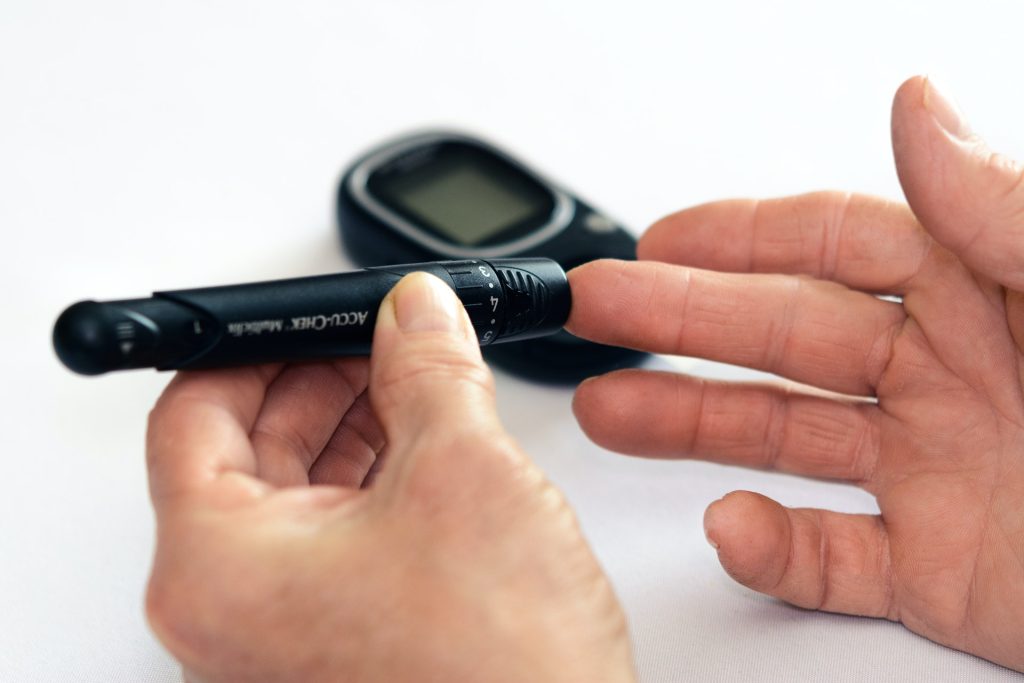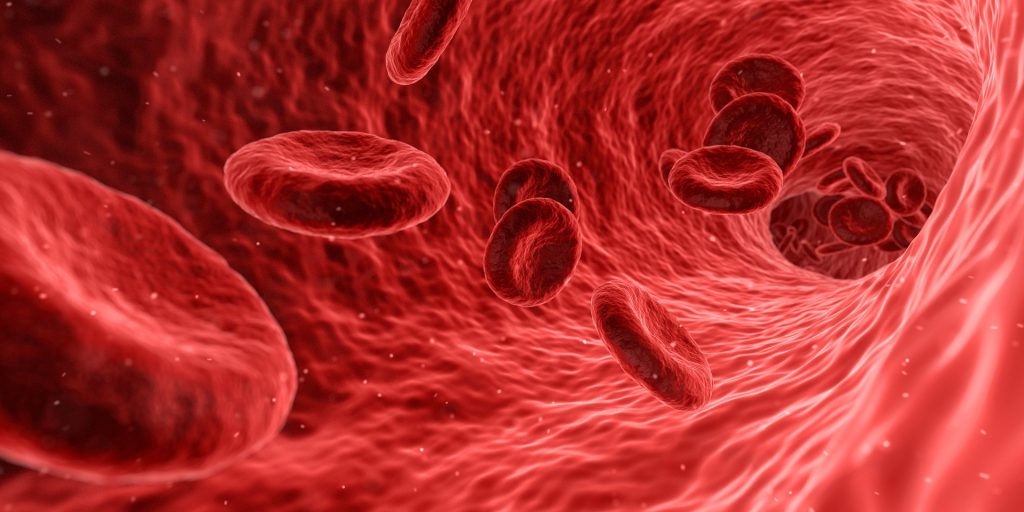Social Media Overuse Impacts Easily Distracted People Harder

People who are easily distracted are more susceptible to psychological distress and mental health issues from high levels of social media use, according to a study published in the Journal of Affective Disorders. The study tracked the phone data of 69 participants ranging from 18 to 58 year-olds to see their usage of popular apps including Instagram and Reddit over a week period.
Using an eye gaze test, the researchers tracked participants’ levels of distraction and inattention. The Depression Anxiety Stress Scale, a well-known psychological scale, was used to measure and quantify measures of distress.
Lead researcher Tamsin Mahalingham, Master’s student at Curtin University, said that the results showed a strong connection with low levels of attention control and high social media use negatively impacting mental health.
“Past research has flagged concerns about the negative mental health effects from high levels of social media use, but there isn’t clear evidence about why this is, or who might be most at risk,” Miss Mahalingham said.
“Our findings suggest that if you are a very distractable person, high levels of social media use may be particularly bad for your mental health. Study results revealed that those who showed lower levels of attention control were particularly at risk of negative mental health effects of heavy social media use.”
“This inability to stay focussed may lead to exposure to more irrelevant and distracting information and potentially longer durations of social media use. On the other hand, those with higher levels of attention control may be able to more easily ignore irrelevant and potentially damaging information in news feeds such as advertising.”
Supervising researcher, Dr Patrick Clarke, said that the increased follow-on effects of greater social media use that could negatively impact emotional wellbeing.
“Social media apps are designed to draw us in and keep us engaged and the longer we spend on social media, the more we can be exposed to including negative content, or content leading to self-comparison to unattainable ideals, like those often illustrated by influencers,” Dr. Clarke said.
“More time on social media also means less time doing other, possibly more important or more productive tasks, which can also increase feelings of depression and anxiety.
“Our research helps to understand who is most at risk from the adverse mental health effects of social media use and suggests that improving attention may minimize those risks.”
Source: Curtin University





